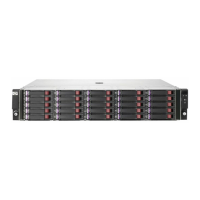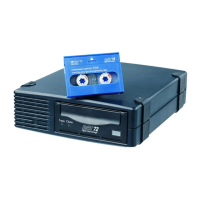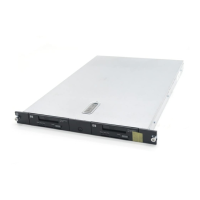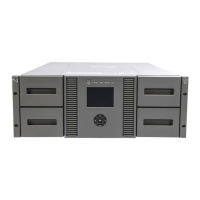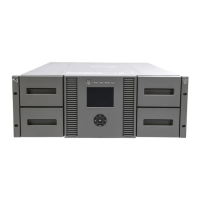7 Configuring and using replication
NOTE:
When considering replication you are likely to be synchronizing data between different models of
HP D2D Backup Systems. Unlike the rest of this user guide, the examples in this chapter are not specific
to a particular model of HP D2D.
In this chapter:
• “Replication overview” on page 75
• “Preparing for replication” on page 76
• “Replication terminology” on page 76
• “Backup applications and target libraries” on page 82
• “Replication deployment strategies” on page 84
• “Seeding the Replication Target Appliance” on page 88
• “Replication licensing” on page 86
• “The Replication process” on page 88
• “Recovering a source appliance” on page 94
Replication overview
Replication is a standard term used to describe a way of synchronizing data between hardware in
two physical locations. HP D2D Replication allows cartridges in slots on a library device that has
been configured on one HP D2D Backup System (the Source Appliance) to be replicated to
corresponding mapped slots on a library device on another HP D2D Backup System (the Target
Appliance) at another location.
Replication is the process of creating an exact match on the target appliance of the specified data
from the source appliance. Data is always mapped at slot level. It is important to understand that no
history is held; the target appliance always mirrors as soon as possible the current state of the data
on the source appliance, which means that it is ready for use if the source library or appliance is
unavailable. But it does not hold archive versions and is not an alternative to conventional backup
with multiple restore points.
How is replication initiated?
Once you have set up a replication configuration between Source and Target HP D2D Backup Systems,
it is initiated automatically whenever a cartridge is returned from a drive to a slot that has been
configured for replication. A Configuration Wizard is provided to take you through replication
configuration steps.
D2D Backup System HP D2D4112 75

